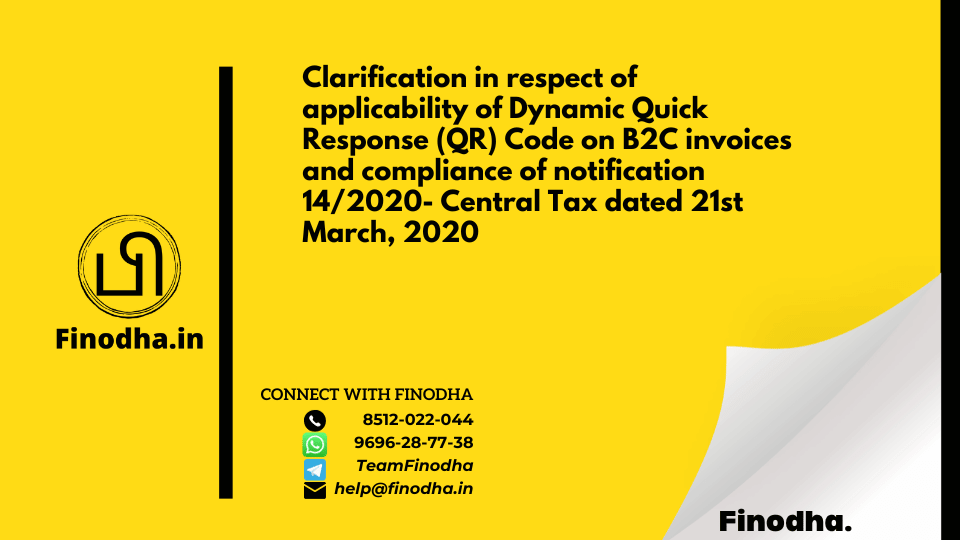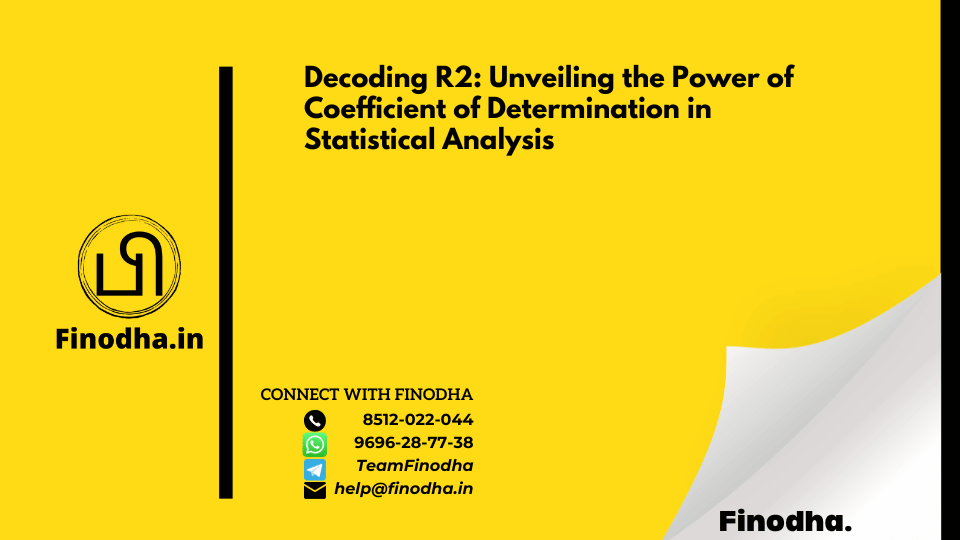Important Keyword: Business Expenses, Commodity Transaction Tax, CTT.
Table of Contents
CTT: Commodity Transaction Tax
The Commodity Transaction Tax (CTT) was introduced by the Government of India in the 2013 Budget to regulate and tax transactions in the commodities trading market. Its implementation aimed to enhance government revenues, foster transparency, and mitigate speculative activities in commodity trading. Enacted through the Finance Act 2013, CTT became effective from July 1, 2013.
What is Commodity Transaction Tax (CTT)?
The government introduced the Commodity Transaction Tax (CTT) to regulate trading in non-agricultural commodities. Initially, commodities trading was untaxed, but with the introduction of CTT, trading rules for commodities were aligned with those for equity trading, ensuring consistency across markets.
While the Securities Transaction Tax (STT) applies to securities trading, CTT is specifically imposed on commodities trading.
Commodity Transaction Tax (CTT) Rates
CTT is applicable to transactions involving futures contracts, impacting both buyers and sellers. The tax amount is calculated based on the trade price and varies according to the contract size.
For agricultural commodities, CTT is exempt. However, for non-agricultural commodities like metals (e.g., copper, silver, gold, zinc, aluminum) and energy products (e.g., crude oil, natural gas), the CTT rate mirrors that of equity futures, set at 0.01% of the trade price.
The Central Board of Direct Taxes (CBDT) issues notifications specifying the CTT rates to be applied by exchanges such as MCX. Below are the prevailing CTT rates:
| Taxable Commodity Transaction | Charged on | CTT Rate | Payable By |
| Sale of a commodity derivative (except exempt agricultural commodities) | Trade Price | 0.01% | Seller |
| Sale of option on commodity derivative (option not exercised) | Option Premium | 0.05% | Seller |
| Sale of option on commodity derivative (option exercised) | Settlement Price | 0.0001% | Purchaser |
| Sale of option in goods, where option is exercised resulting in a settlement otherwise than by the actual delivery of goods | Settlement Price | 0.125% | Purchaser |
Tax Implications on CTT Paid on Commodity Tradin
Trading in commodities is categorized as non-speculative business income. Therefore, individuals engaged in commodities trading are required to file ITR-3 to declare such business income and fulfill their tax obligations according to the applicable slab rates.
In a significant move highlighted in the Budget Speech, trading in commodity derivatives is not classified as a speculative transaction. Consequently, traders can claim the Commodity Transaction Tax (CTT) as a legitimate business expense.
CTT incurred on trading transactions represents a direct expense directly linked to trading income. When filing taxes using ITR-3 on the Income Tax Website, traders have the option to report CTT as an expense in their Profit and Loss (P&L) Account. This allows them to offset their taxable income appropriately.
Read More: Arrears of Salary- Taxability & Relief under Section 89(1)
Web Stories: Arrears of Salary- Taxability & Relief under Section 89(1)
Official Income Tax Return filing website: https://incometaxindia.gov.in/
-

Coase Theorem Unveiled: Navigating Legal Labyrinths for Economic Harmony
-

Circular No. 165/21/2021 – GST: Clarification in respect of applicability of Dynamic Quick Response (QR) Code on B2C invoices and compliance of notification 14/2020- Central Tax dated 21st March, 2020
-

Decoding R2: Unveiling the Power of Coefficient of Determination in Statistical Analysis

